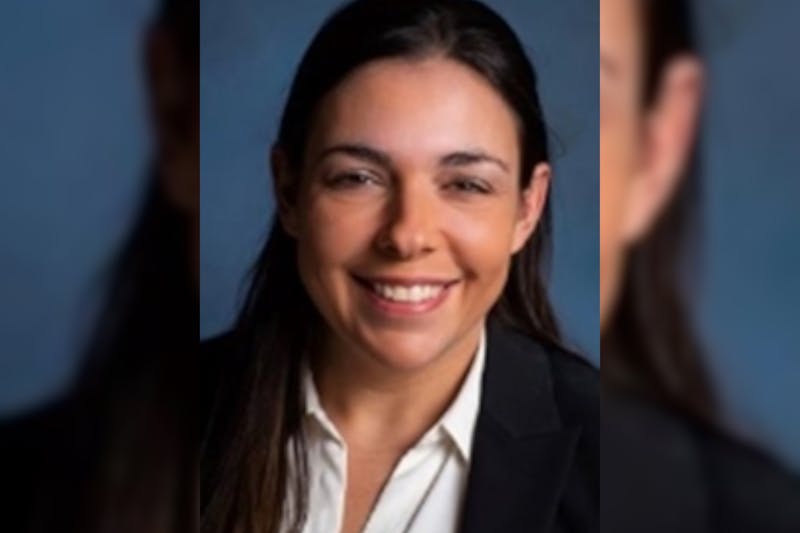
Penn Medicine resident physician Nikhil Illa developed a dictation tool that uses AI to make note-taking and administrative tasks easier for physicians (Photo from Penn Medicine).
A Penn Medicine resident physician developed a dictation tool that uses artificial intelligence to make note-taking and administrative tasks easier for physicians.
Nikhil Illa — now a second-year resident at the Perelman School of Medicine — and his team launched Pocket Scribe in hopes of making transcription, note-taking, and billing more seamless for physicians. Pocket Scribe — which focuses purely on clinician-led dictation — is built to be fully HIPAA compliant and include significant cybersecurity measures to ensure patient privacy and physician compliance.
“As an ER physician, I’m seeing gunshot wounds, traumas, pregnant women having babies, heart attacks, strokes, and easily, the most stressful part of my day every day is taking care of my notes at the end of the shift,” Illa said.
Medical documentation records relevant information about a patient’s health, medical history, physical examination findings, diagnoses, treatment plans, and outcomes. These notes help to facilitate communication between healthcare providers by describing the decision-making processes that occur for a patient and help support legal and regulatory compliance.
Illa told The Daily Pennsylvanian that Pocket Scribe aims to capture and communicate complex medical decision-making as seamlessly as possible by using an advanced voice-to-text software trained to capture medical terminology, including medical terms in Latin.
He described the “hallmark” of the app as its ability to sort the transcription into the relevant sections of a medical note, including patient information, physical examination, diagnosis, and treatment plan.
Illa also stated that the app is designed to help with billing and reimbursement — another important aspect of healthcare documentation. Physicians must capture patients’ records as proof for insurance agencies to reimburse patients' visits.
The software utilizes an AI “billing buddy” tool and captures the billing and coding details, offering a feedback mechanism that predicts the reimbursement for a patient visit.
Illa told the DP that Pocket Scribe has tested a pilot with over a dozen ER physicians and has received positive feedback.
Illa began developing the app near the end of his time at Tufts University School of Medicine, and currently has an office at the Pennovation center. Pocket Scribe’s software team has partnered with Penn's Venture Lab, and Pocket Scribe won the Best Pitch Award at Pennovation’s accelerator pitch day this past summer.
Editor's Note: This article has been updated to reflect that Pocket Scribe has not worked with the Penn Innovation Accelerator Program. The DP regrets the error.
The Daily Pennsylvanian is an independent, student-run newspaper. Please consider making a donation to support the coverage that shapes the University. Your generosity ensures a future of strong journalism at Penn.
Donate











